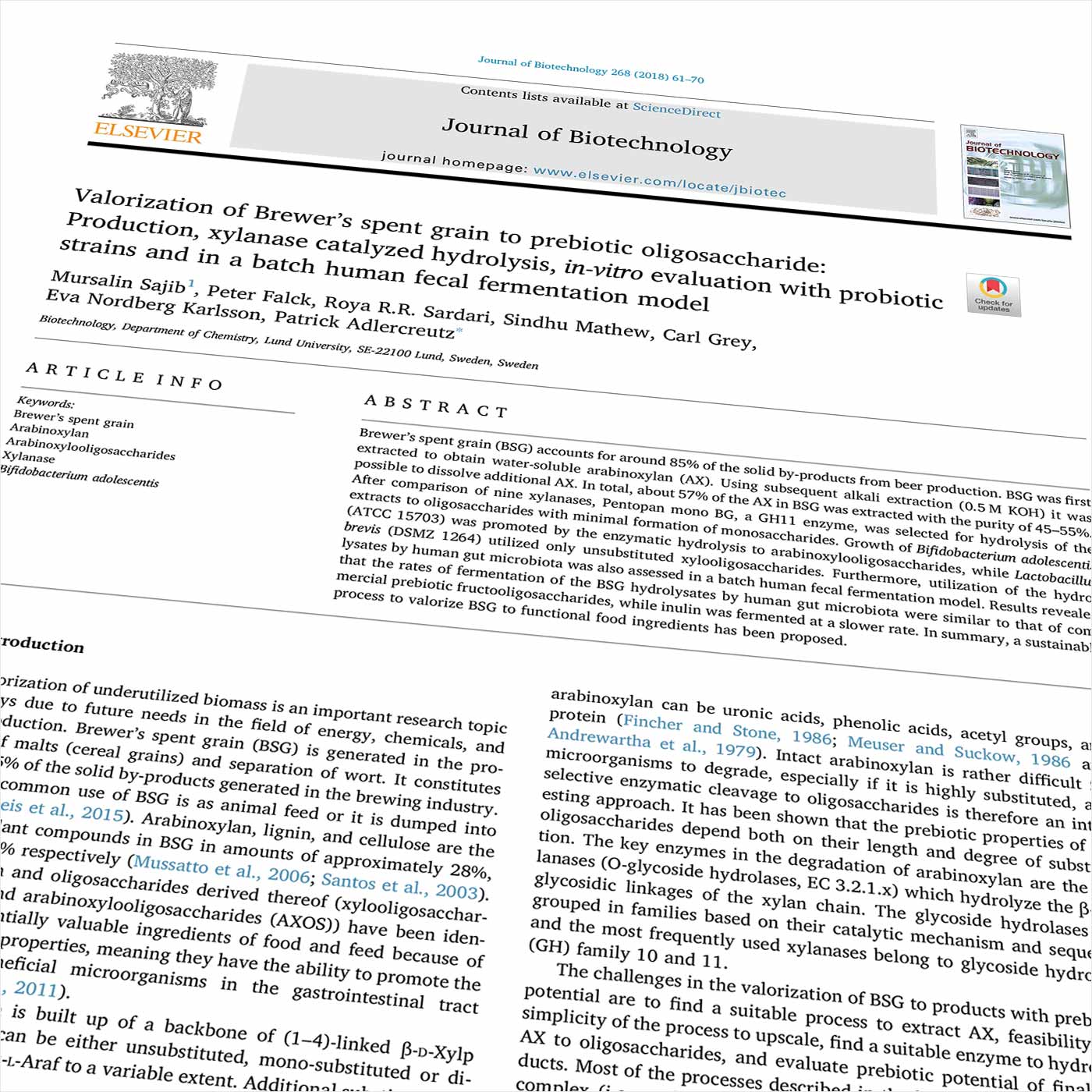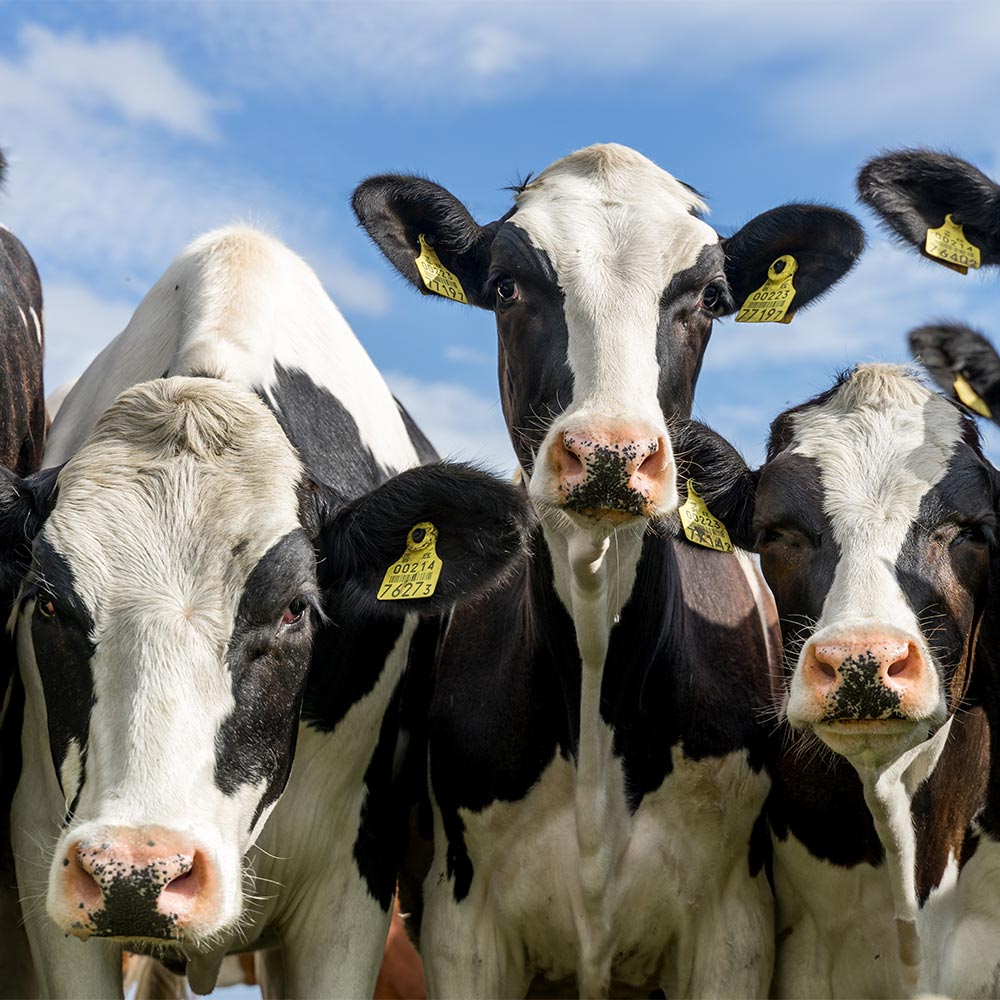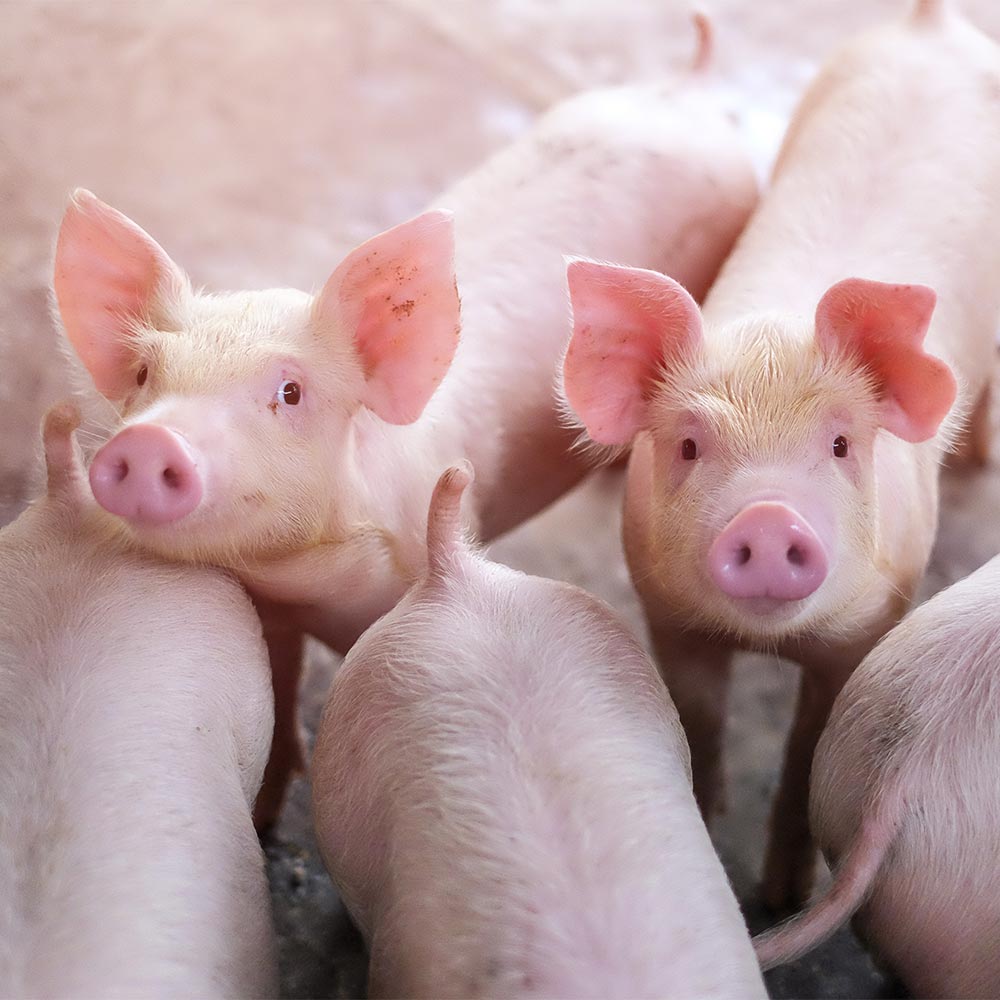A healthy business starts with healthy animals and healthy lifes
Batch in-vitro digestibility assay for ruminants and monogastric animals
For the purpose of feed and food evaluation, in-vitro digestion and fermentation methods are ethically superior, faster and less expensive than in-vivo techniques. A good example of an in-vitro fermentation method is the in-vitro gas production technique, in which the gas evolved as a result of fermentation is used as the primary measurement. The method utilises the relationship between degradation and fermentative gas production to evaluate the nutritional parameters of the feed. Although the gas production technique is well-established in the area of ruminant feed evaluation, reports can also be found for nutritive evaluation of feed for monogastric animals and food evaluation for human. The benefits of in-vitro gas production techniques for digestibility evaluation include being able to run large batches simultaneously at a low cost, the ability to measure fermentation kinetics of soluble and insoluble fractions of feed or food, and the ability to easily make relative comparisons among different samples.
The Gas Endeavour® is our premier automatic instrument for continuous monitoring of fermentation gas (i.e., hydrogen, methane, carbon dioxide) released in in-vitro ruminant digestive models and in-vitro monogastric hindgut digestive model for monogastric animals and human. In comparison with the other in-vitro methods measuring the transformation of fermentable substrate, the Gas Endeavour allows highly accurate analysis for a large number of samples in a short time. In addition, the automated in-vitro protocol based on the Gas Endeavour significantly reduces the workload compared with manual analyses.




